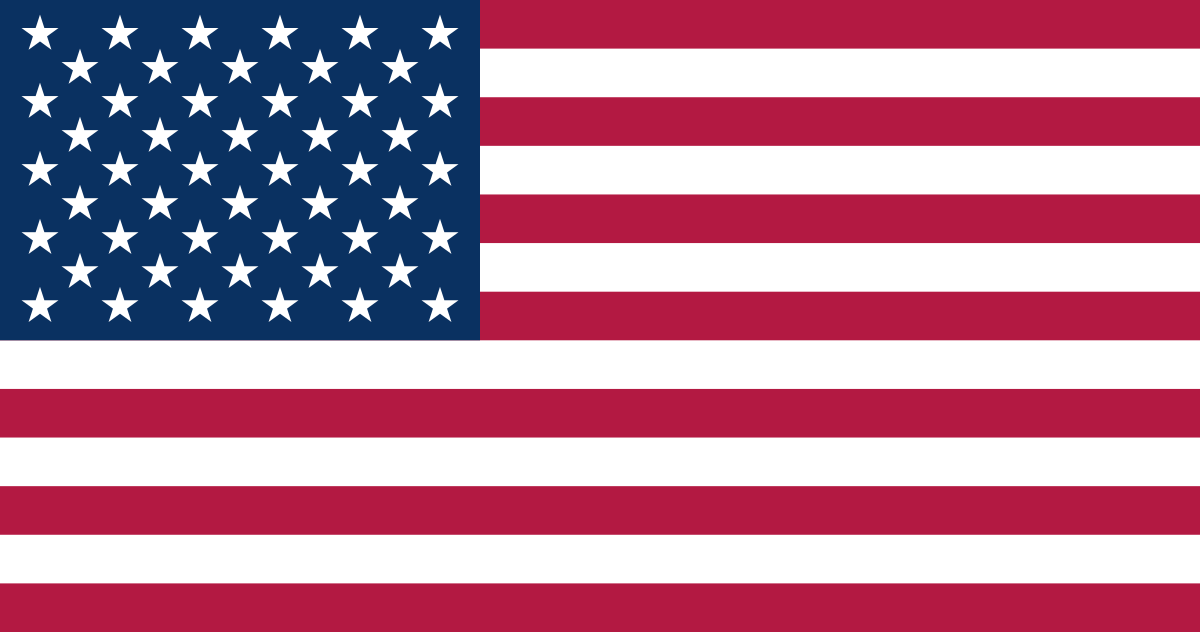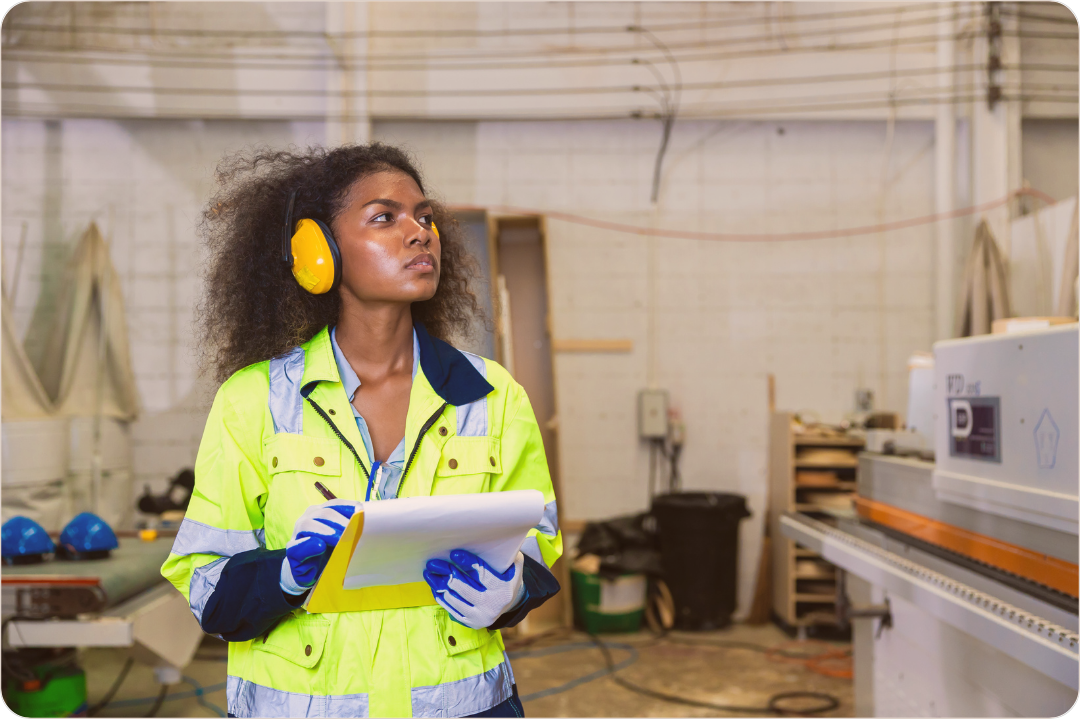In Michigan’s key industries—such as manufacturing, healthcare, agriculture, and energy—many employees work alone in environments where immediate assistance may not be available. These “lone workers” face increased risks, making it essential for employers to implement proactive safety measures.
Michigan operates its own OSHA-approved occupational safety and health program through the Michigan Occupational Safety and Health Administration (MIOSHA). MIOSHA is part of the Michigan Department of Labor and Economic Opportunity (LEO), and it enforces state-level workplace safety standards that meet or exceed federal OSHA requirements.
On This Page
Our Guide To Lone Worker Safety Policy And Legislation In Michigan
Because Michigan runs a state OSHA program, employers must follow the regulations enforced by MIOSHA, under the oversight of LEO. While MIOSHA does not have a regulation written specifically for lone workers, the agency applies broader safety standards—including the General Duty Clause—to ensure that all employees, including those working in isolation, are protected from recognized hazards.
LEO and MIOSHA also provide consultation, compliance assistance, and training resources to help employers develop and maintain effective safety programs tailored to their specific workforce needs.
How Michigan Defines A Lone Worker
Michigan does not formally define “lone worker” in its safety legislation. However, the term typically refers to employees who perform their duties without direct supervision or coworkers nearby. In these situations, the lack of immediate assistance in emergencies increases the importance of robust safety planning.
Lone worker roles in Michigan may include:
- Manufacturing staff working after hours or in isolated areas
- Agricultural and forestry workers operating equipment in remote fields
- Utility line technicians and inspectors working in the field
- Home health aides visiting patients in private residences
- Security guards stationed at large or vacant properties
- Janitorial and maintenance workers on night shifts
These employees require additional layers of protection due to the elevated risks associated with their work environments.
Employing A Lone Worker In Michigan
Employers in Michigan are expected to assess the hazards of lone work environments and take reasonable steps to protect those employees. Even though MIOSHA does not have a dedicated lone worker standard, employers are required under the General Duty Clause to provide a workplace free from serious recognized hazards.
Best practices for employers include:
- Risk Identification and Assessment: Evaluate the tasks and locations where employees may work alone.
- Communication Systems: Require periodic check-ins and equip workers with reliable communication tools.
- Monitoring Technology: Use lone worker safety apps that offer GPS tracking, man-down detection, and panic alerts.
- Emergency Planning: Ensure every lone worker understands what to do in a crisis and has the tools to respond.
- Documentation and Training: Maintain written safety policies, and provide training on job-specific risks and procedures.
By implementing these practices, employers not only protect workers but also demonstrate compliance with MIOSHA and LEO expectations.
Learn How You Can Protect Your Employees With Loneworker.com

With Loneworker.com you can be equipped with the knowledge and the means to protect your employees and protect your business. Contact us today to learn more about how Loneworker.com can protect you and your employees.
How The Safe Lone Worker App Can Protect Michigan Lone Workers And Employers
The Safe Lone Worker app provides real-time monitoring and emergency support for employees working in isolated conditions. Whether in rural agricultural zones, urban healthcare routes, or industrial facilities, the app delivers essential safety features like timed check-ins, GPS location tracking, man-down alerts, and SOS emergency signaling.
For Michigan employers, this technology offers a practical way to safeguard workers and align with MIOSHA guidelines—while creating an auditable record of compliance and care.
Michigan Lone Worker Policies
Workplace safety in Michigan is governed by MIOSHA, part of the Michigan Department of Labor and Economic Opportunity (LEO). While there is no standalone rule specifically for lone workers, employers are legally required to assess and address any risks that employees may face when working alone.
For the most accurate and up-to-date safety information, visit MIOSHA and OSHA.gov. This guide is intended as general information and is not a substitute for professional legal advice or official regulatory consultation.
Michigan Lone Worker Resources
OHS Contact Centre
- 1-866-415-8690
CDC / NIOSH
- 800-232-4636
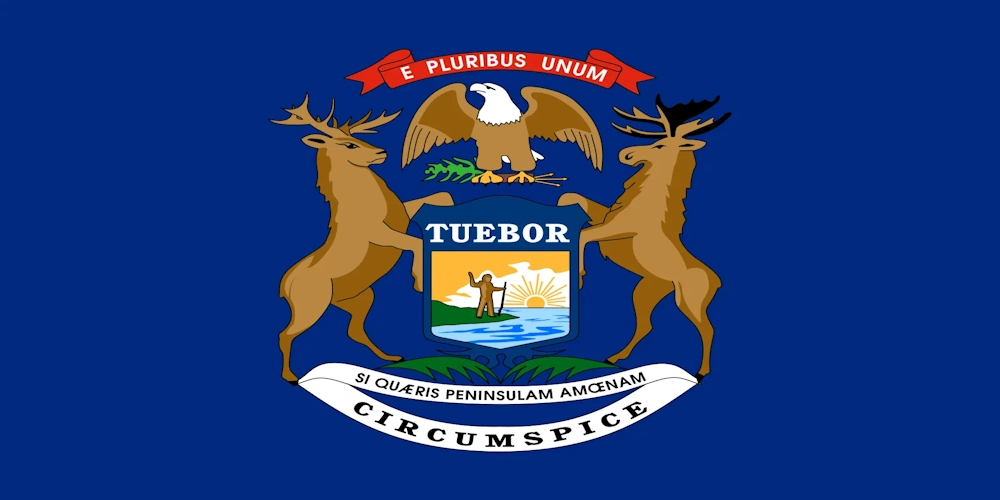
Affordable Monitoring For Lone Workers In Michigan
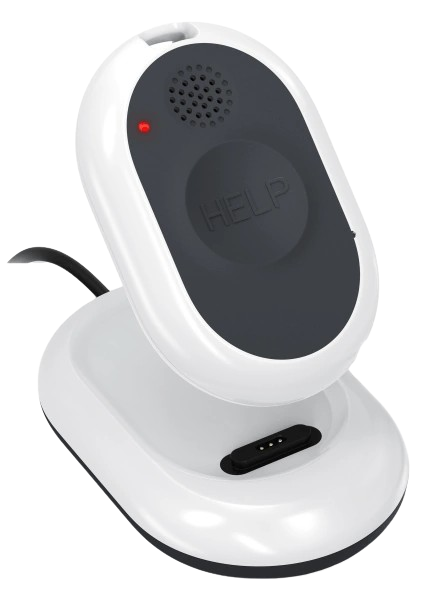
-
 Monitoring Your Employees' Safety
Monitoring Your Employees' Safety
-
 GPS Tracking And Monitoring
GPS Tracking And Monitoring
-
 Man Down Panic Alerts
Man Down Panic Alerts
-
 24/7 Protection Anywhere
24/7 Protection Anywhere
Lone Worker Legislation
Lone Worker Safety Policies And Legislation By State
-
 Alabama State Safety Policies And Legislation
Alabama State Safety Policies And Legislation
-
 Alaska State Safety Policies And Legislation
Alaska State Safety Policies And Legislation
-
 Arizona State Safety Policies And Legislation
Arizona State Safety Policies And Legislation
-
 Arkansas State Safety Policies And Legislation
Arkansas State Safety Policies And Legislation
-
 California State Safety Policies And Legislation
California State Safety Policies And Legislation
-
 Colorado State Safety Policies And Legislation
Colorado State Safety Policies And Legislation
-
 Connecticut State Safety Policies And Legislation
Connecticut State Safety Policies And Legislation
-
 Delaware State Safety Policies And Legislation
Delaware State Safety Policies And Legislation
-
 Florida State Safety Policies And Legislation
Florida State Safety Policies And Legislation
-
 Georgia State Safety Policies And Legislation
Georgia State Safety Policies And Legislation
-
 Hawaii State Safety Policies And Legislation
Hawaii State Safety Policies And Legislation
-
 Idaho State Safety Policies And Legislation
Idaho State Safety Policies And Legislation
-
 Illinois State Safety Policies And Legislation
Illinois State Safety Policies And Legislation
-
 Indiana State Safety Policies And Legislation
Indiana State Safety Policies And Legislation
-
 Iowa State Safety Policies And Legislation
Iowa State Safety Policies And Legislation
-
 Kansas State Safety Policies And Legislation
Kansas State Safety Policies And Legislation
-
 Kentucky State Safety Policies And Legislation
Kentucky State Safety Policies And Legislation
-
 Louisiana State Safety Policies And Legislation
Louisiana State Safety Policies And Legislation
-
 Maine State Safety Policies And Legislation
Maine State Safety Policies And Legislation
-
 Maryland State Safety Policies And Legislation
Maryland State Safety Policies And Legislation
-
 Massachusetts State Safety Policies And Legislation
Massachusetts State Safety Policies And Legislation
-
 Michigan State Safety Policies And Legislation
Michigan State Safety Policies And Legislation
-
 Minnesota State Safety Policies And Legislation
Minnesota State Safety Policies And Legislation
-
 Mississippi State Safety Policies And Legislation
Mississippi State Safety Policies And Legislation
-
 Missouri State Safety Policies And Legislation
Missouri State Safety Policies And Legislation
-
 Montana State Safety Policies And Legislation
Montana State Safety Policies And Legislation
-
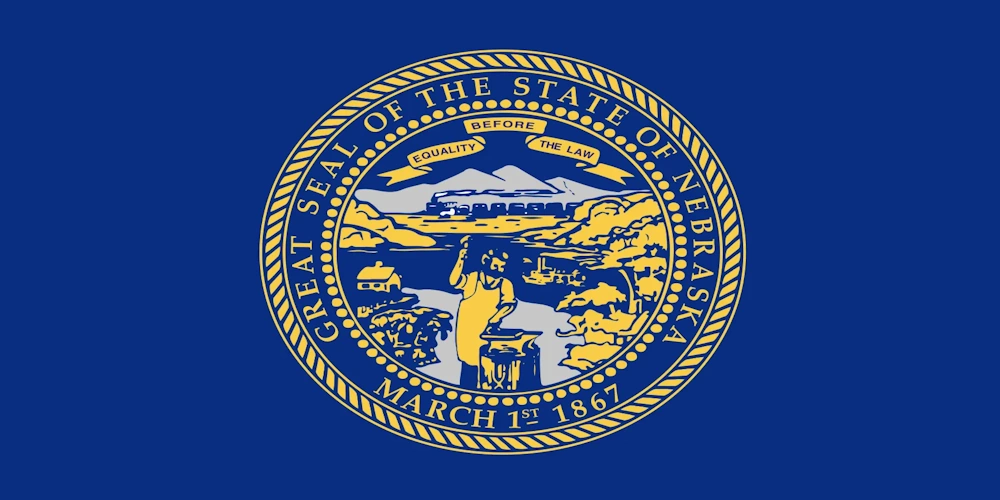 Nebraska State Safety Policies And Legislation
Nebraska State Safety Policies And Legislation
-
 Nevada State Safety Policies And Legislation
Nevada State Safety Policies And Legislation
-
 New Hampshire State Safety Policies And Legislation
New Hampshire State Safety Policies And Legislation

